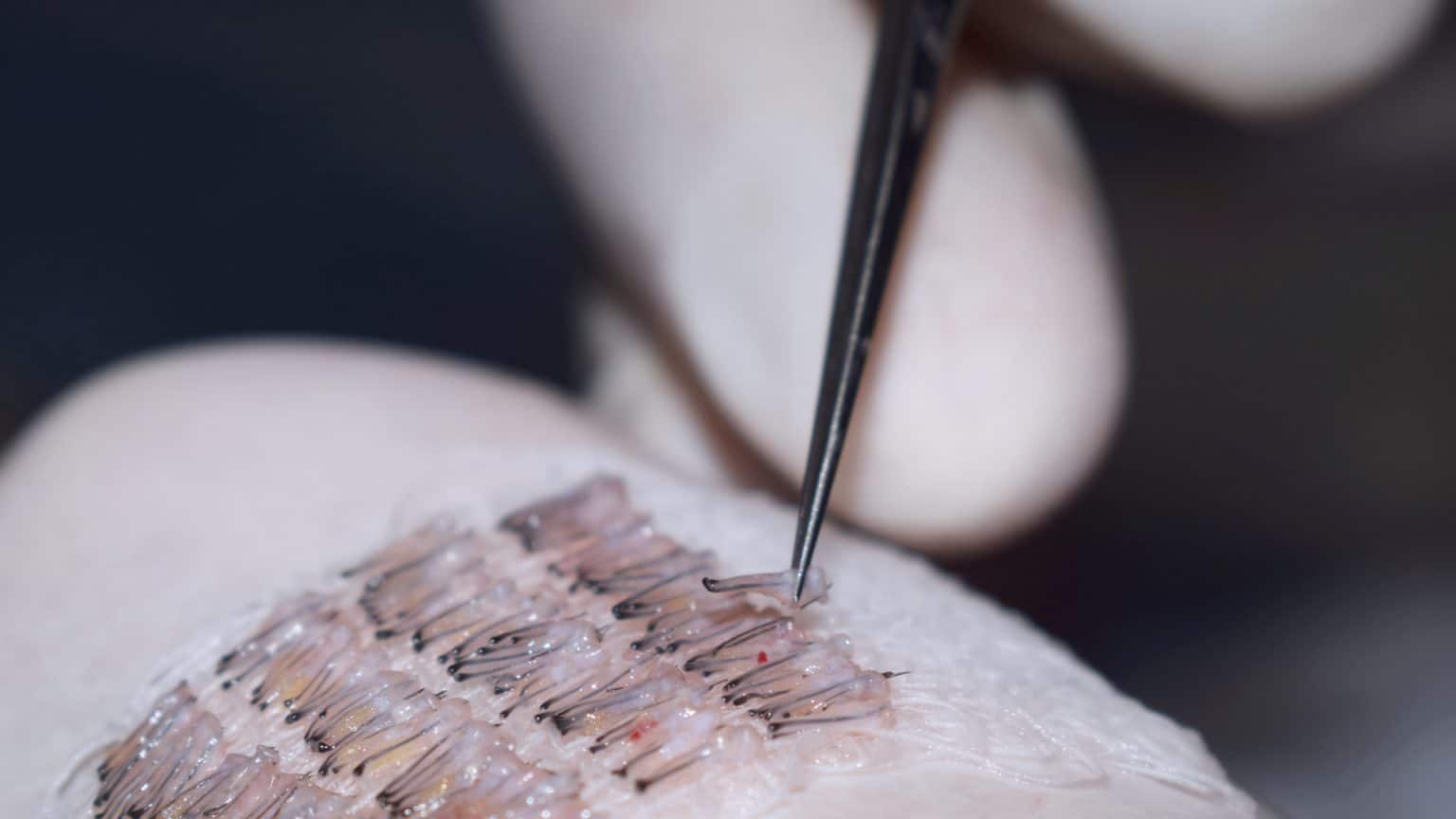
Hair loss after a hair transplant is a common issue that many individuals experience. It can be caused by the stress of the surgery, the medications used during the procedure, or even simply due to genetics. Fortunately, there are steps you can take to prevent post-transplant hair loss and maintain your new look. In this article, we will discuss what you need to know about hair loss after a hair transplant and how to prevent it.
What is a Hair Transplant and How Does it Work?
Hair transplant is a surgical procedure that involves transferring healthy hair follicles from one part of the scalp to another. This technique is used to restore hair growth in areas of the scalp that are balding or thinning. The two main techniques used for hair transplant are follicular unit extraction (FUE) and scalp reduction surgery.
FUE is a minimally invasive procedure where individual hair follicles are extracted from the donor area and transplanted into the recipient area. Scalp reduction surgery, on the other hand, involves surgically removing bald patches and stretching surrounding skin to cover up those areas. Both procedures can be used together to achieve maximum results.
Can You Still Lose Hair After a Hair Transplant?
Hair transplantation is a medical procedure used to treat baldness and hair loss. While it can be an effective solution for many people, it is important to understand that the results may not be permanent. One of the most common side effects of a hair transplant is post-transplant alopecia, or hair loss after the procedure. Additionally, there may also be donor area scarring side effects which can cause further hair loss in some cases. It is important to understand all potential risks before undergoing a hair transplant so you can make an informed decision about whether it is right for you.
What Are Some of the Causes of Post-Transplant Hair Loss?
Post-transplant hair loss is a common and distressing problem that can occur after a hair transplant procedure. Post-transplant hair loss is a common occurrence after undergoing any type of transplant surgery, and many different factors can contribute to it. These include inadequate medical follow up care, making the wrong choice in terms of surgeon selection or technique, as well as the body’s own individualized response to the surgery itself. Additionally, certain types of medications that are prescribed both before and after transplant surgery may also have an impact on post-transplant hair loss.
How Can You Prevent Post-Transplant Hair Loss?
Hair transplant surgery is a popular procedure for restoring lost hair. However, many people experience post-transplant alopecia, or hair loss after the procedure. Fortunately, there are several natural treatments that can help to prevent post-transplant hair loss. These include dietary changes and lifestyle modifications, as well as treatments such as acupuncture and herbal supplements. By understanding the causes of post-transplant alopecia and taking preventive measures, you can reduce your risk of experiencing post-transplant hair loss.
A professional clinic will guide you very well about post-surgery precautions. You can check online hair transplant cost in Islamabad and can find some of the best hair restoration clinics like Hair Club in Islamabad. They have the best hair transplant surgeons in Islamabad.
